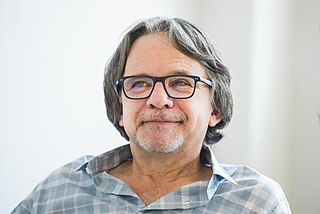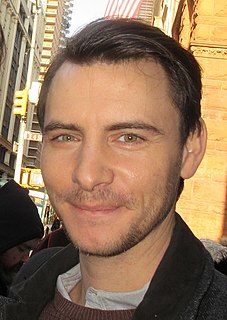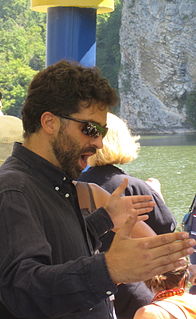A Quote by Kevin Macdonald
Coming from documentaries, my biggest challenge was to understand actors' psychologies. American actors take it all very seriously; British actors don't enter into all this methody way of doing things.
Related Quotes
American actors are very different to British actors who have generally studied and been brought up culturally with the sense that the writer is the star and that their job is to serve the writing. Whereas Hollywood actors are brought up to believe that the actor is the star, and everything and everybody is in the service of them.
People are very uncomfortable when you call actors artists because there are a lot of actors out there that aren't artists - there are a lot of actors that are hired for very specific reasons that are shallow and have to do with sexual currency and what the industry thinks sells. Real actors are artists, they're expressionists.
Actors, I think, are all the same. Both Korean actors and American actors are all very sensitive people, and they are all curious to know what the director thinks of them and how they are evaluated, and they try to satisfy the director. And they like it if you listen carefully to their opinions and accept them.
I started doing documentaries in the first place because of the war. I always wanted to do feature films, and I studied directing when the war started, so I was working with actors before, in film and in theater. So I think it's easy to work with actors when you have a script that is clear, when they know what and why they are doing it.
Actors aren't all the same. They have very different skills. There are actors of intellect who are very thoughtful about everything they do... and then there are actors of instinct who don't know what they're doing until the cameras roll... My father was actually quite thoughtful about what he did, while my mother was much more instinctual.
Normally, filmmakers would just write a script and cast people to act as certain characters in the story. But in my way of doing things, I have the actors in my mind already, so I'm trying to borrow something that's unique to them. The characters have a very natural connection to the actors themselves.
Particularly, the actors, to have analyzed the script in great detail from the point of view of their specific character. So that they have a handle on exactly where the character is in the chronology of things. In that sense the actors become your best check on the logic of the piece, and the way in which it all fits together. They become essential collaborators. The main thing is you have to work with very smart actors.






































